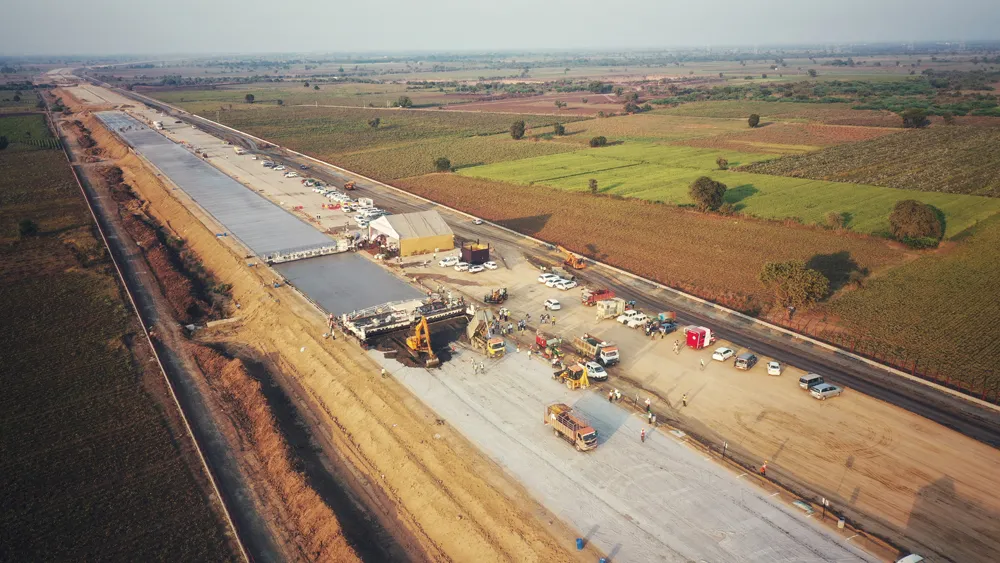Traffic jams in Israel cost the country's economy US$5.57 billion/year, according to official estimates.
February 28, 2012
Read time: 1 min
Traffic jams in Israel cost the country's economy US$5.57 billion/year, according to official estimates. Tel Aviv's congestion is particularly bad and the authorities predict that by 2015, vehicles in the city may have average speeds of just 7km/h. However around 27% of the financial impact to Israel's economy is due to congestion in the Sharon area, with 18% attributed to Tel Aviv.
A further 23% of the economic impact relates to traffic problems in the suburbs of Bat Yam, Holon and Rishon Letzion. The data shows that Israel's roads are used predominantly by passenger cars at some 79% of the country's 2.5 million motor vehicles. The data has been released by the3324 Israel Ministry of Finance.
A further 23% of the economic impact relates to traffic problems in the suburbs of Bat Yam, Holon and Rishon Letzion. The data shows that Israel's roads are used predominantly by passenger cars at some 79% of the country's 2.5 million motor vehicles. The data has been released by the







